
Flu season is just about in full swing here in the northern hemisphere. October through March are the coldest months of the year, creating a viable environment for the flu virus to spread and infect peoples' immune systems. Many people are wondering if they should get a flu shot this year, and you might be curious about the same thing.
Considering the state of the world, and our continued efforts to mitigate, manage, and survive the COVID-19 pandemic, some people may be hesitant to get a flu shot this season, especially those who are immunocompromised and ones with pre-existing conditions.
{{cta('fa8abc2a-1e88-4fa3-82fd-1cb5b9ed43b2','justifycenter')}}
However, catching the common flu can be just as scary and harmful as catching COIVD-19 for people who suffer from COPD and other respiratory illnesses. So the flu vaccine is imperative for people who are trying to stay away from the hospital this season, and to help minimize their impact on the already influx of hospital admissions due to COVID-19.

It is also concerning for healthcare workers and infrastructures going into this flu season because the flu and COVID-19 have similar symptoms and oftentimes, cases require similar equipment from hospitals and health labs, which makes the COVID-19 pandemic during another flu season even more concerning.
As one of the leading local medical oxygen equipment company in Boca, Raton Florida and a long-time established medical equipment company in Denver, CO, we are dedicated to keeping our communities safe and protected while we continue to offer our customers alternative oxygen therapy devices.

In this article we are going to talk about the flu vaccines, and why it is so important for our community of respiratory patients and COPD caregivers to get a flu shot this season. We will answer a few questions that will clear up any uncertainties about getting the flu vaccine. If you use a portable oxygen concentrator, you already have an advantage in staying healthy throughout the flu season, but getting a flu shot is still
But first, we want to give some of our reader the local web-pages where the Center for Disease Control (CDC) tracks the flu season in a particular area weekly. You can stay up to date about the severity of the flu in your state, simply by clicking on the state you live in on this map:
Here is the Florida Flu Review
Here is the Colorado Flu Review
COPD and the Flu
If you have COPD, preventing acute exacerbations is crucial to reduce your disease severity and to prevent and slow down COPD progression. Avoiding exacerbations also means reducing the frequency of hospitalizations, and other high costs associated with the illness. Habits such as smoking, illnesses like bronchiectasis, factors including severe airflow limitation, and lastly infection are all identified as exacerbation triggers for people with COPD.
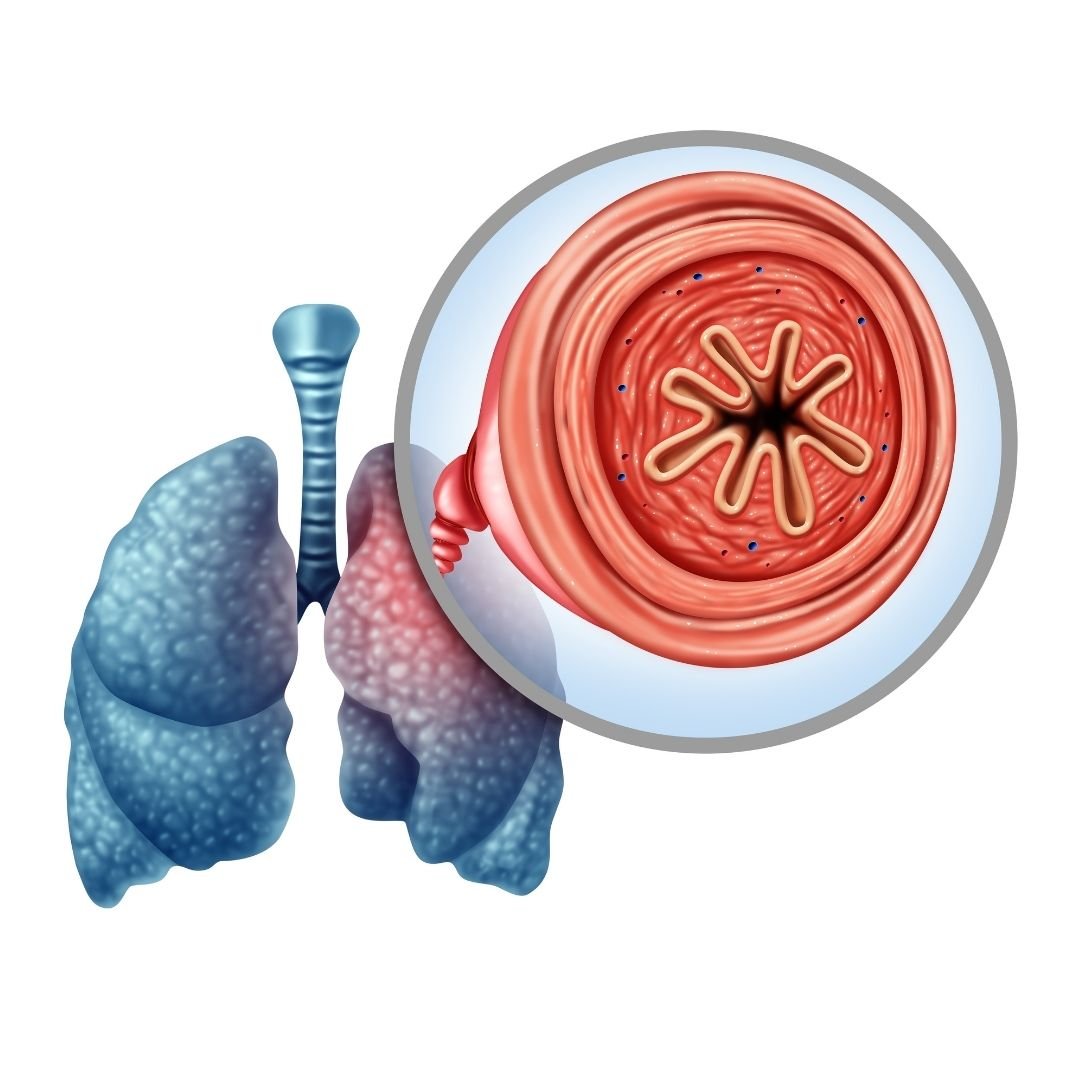
In order to avoid the misfortunes of dealing with a COPD exacerbation, and to limit both the short and long term effects, means getting your annual flu vaccine, and sooner rather than later.
Limiting your potential to catch influenza as a COPD patient is important, so you must wash your hands, avoid large crowds, disinfect often, exercise, sleep well, and most importantly get the flu vaccine. We know there are some hesitations when it comes to vaccination, so we gathered a few of the most frequently asked questions, so you feel confident getting you flu shot this year, and every year afterwards.
What is the flu vaccine? Why do I need one every year?
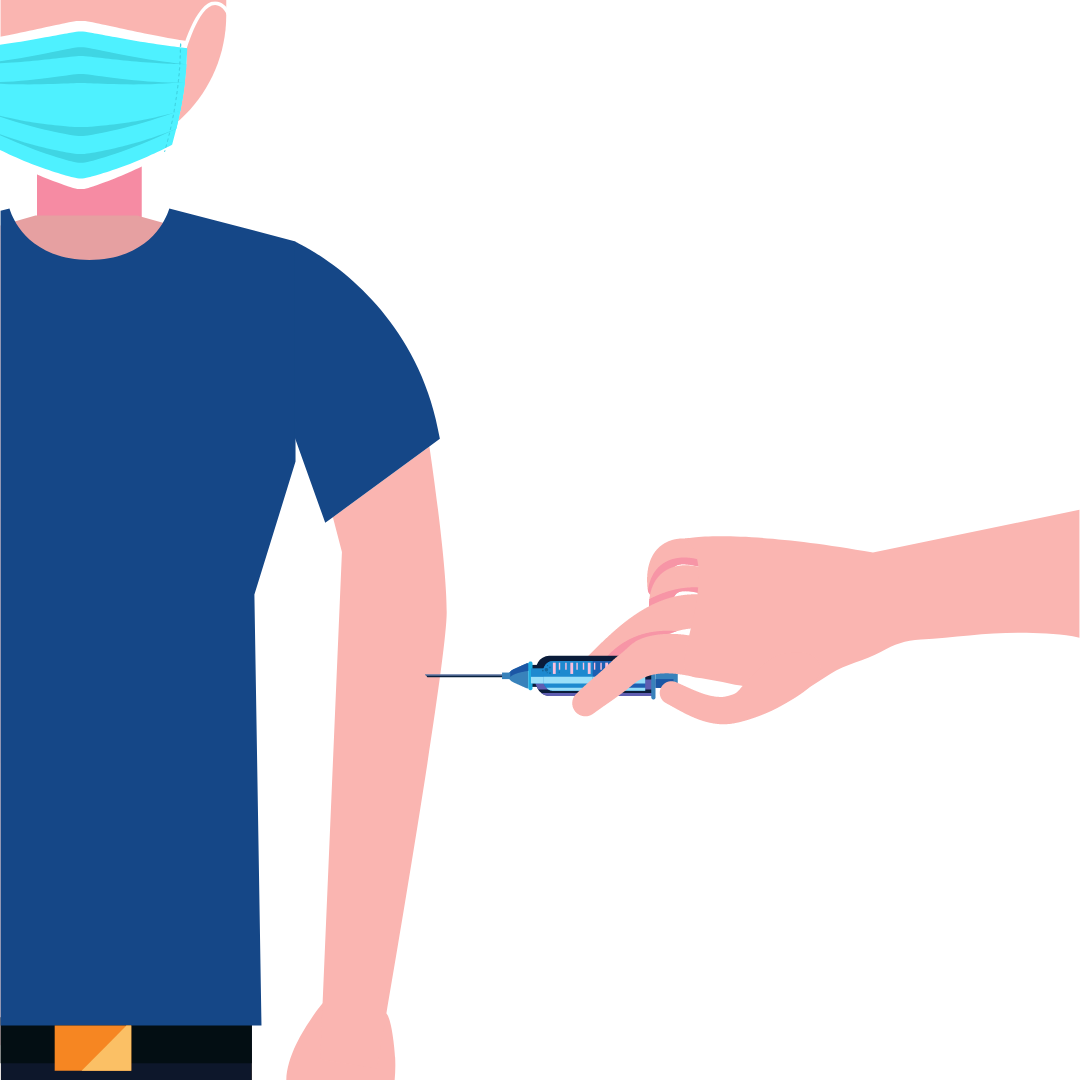
The flu vaccine can be taken as a shot that is injected into your arm or the flu nasal spray (which is not available every year). The vaccine is new every year, because the nature of viruses is how they quickly adapt and change in order to survive, therefore the vaccine must stay up to date with the newest most invasive virus strains.
The flu shot is a dead virus, when you get a shot your immune system creates the antibodies against the dead viruses, and your antibodies are able to protect you from being infected by the live virus.
When is the best time to get vaccinated?
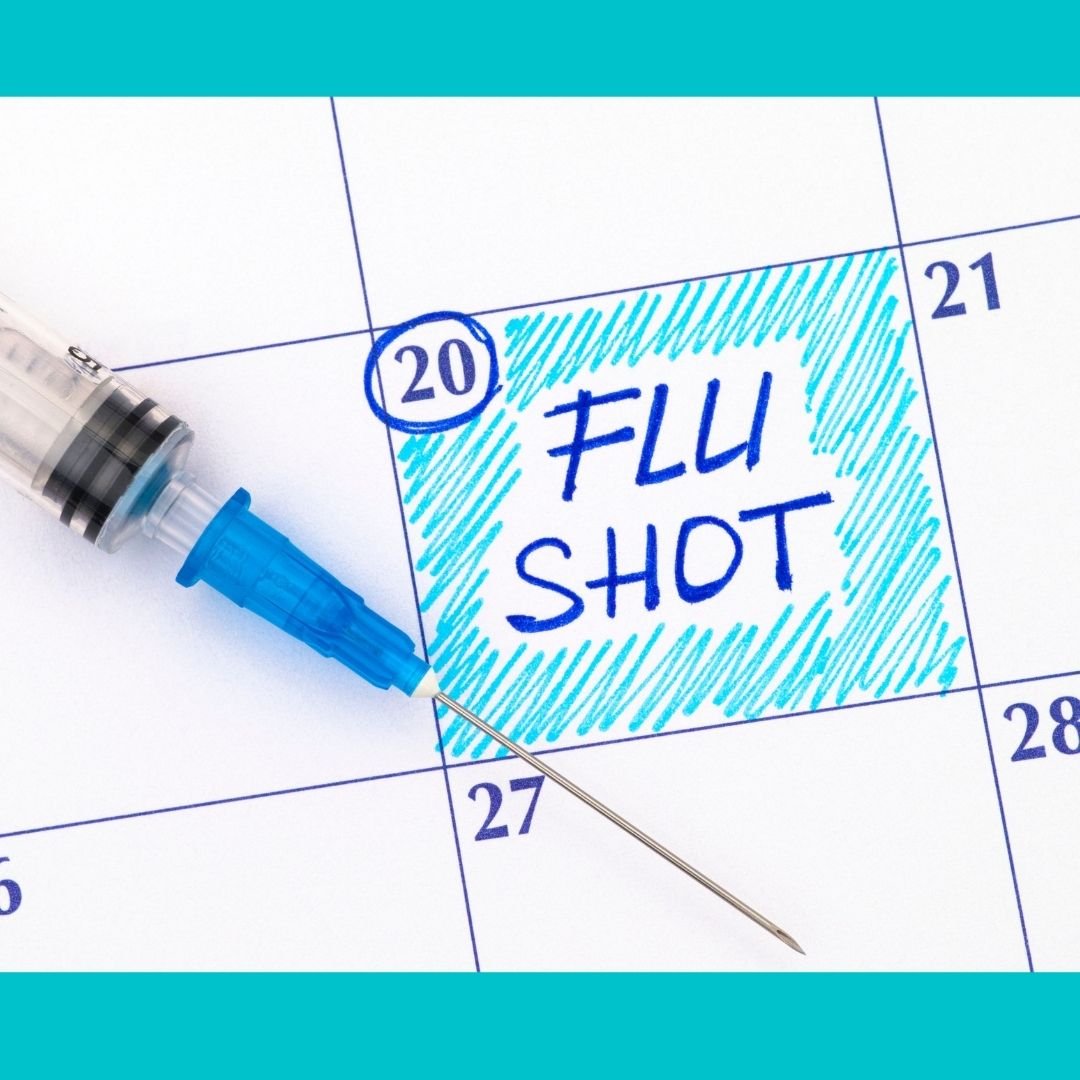
There is no bad time to get vaccinated, but October-December is when the flu season starts to pick up, and getting the shot within this window will protect you through the flu season. Earlier is great too.
Even if it seems too late to get the flu shot, remember that if you’re being offered the flu shot, it’s because there’s the flu virus is still around. So definitely don’t hesitate if you have the opportunity to get the vaccine.
How is the flu vaccine made every year?
{{cta('43b79c5e-6bd6-4f02-ac27-2d038d20c146','justifycenter')}}
In order to keep track of the changing viruses, flu experts around the world within more than 100 influenza centers around the world research the different flu variations,. They go through intensive experiments to identify which strain will be the most common in a given season. Whichever strain they find to be the prevalent, will determine the flu vaccines “ingredients” that year.
This research process helps create a flu vaccine that’s specific to the common flu strains expected that winter, however it is not always a perfect science. This is why some years the vaccine will protect against the flu more effectively than other years.
Some years the vaccine does not provide your antibodies with the correct protections for your immune system to combat the virus, in which case the flu season will be worse overall.
.jpg)
Is it possible to get the flu from the flu vaccine?
This is probably one of the more frequent and concerning questions that people commonly mis-understand. This is cause for concern because mis-information can lead to less and less people getting the flu vaccine.
There are a lot of people who would argue that there is no point in getting the flu vaccine, and the strongest defense against the flu, are healthy habits like washing your hands, eating healthy, sleeping more, and exercise, which might be true for young adults in good shape with no health conditions.
However, people who suffer from a chronic illness, autoimmune disease, and people in poor health should try to practice these healthy habits, but also get the flu vaccines.
The bottomline is that, the flu shot is an inactivated or “killed” virus, which means you can’t get sick from the shot. The flu shot is a dead virus, when you get a shot your immune system creates the antibodies against the dead viruses, and your antibodies are able to protect you from being infected by the live virus.
The nasal spray flu vaccine does contain a weakened live virus — but it is not strong enough to cause the flu for most people.
However, like we mentioned before, sometimes the strain of the flu vaccine does not protect against that winter’s particular virus strain perfectly. That being said, for those who are vaccinated against flu and still get the flu, their symptoms are typically milder due to their vaccination.

Are there side effects from the flu vaccine?
While the flu vaccine cannot give you the flu, it can cause a few symptoms. The most common side effects are tenderness, redness, or a bit of swelling at the injection site.
You might not experience any of these symptoms but you can prepare to experience a few days of muscle soreness in whichever arm you get the vaccine, so you can opt to get the shot in your non-dominant arm.
It’s also possible to develop a low-grade fever, headache, or nausea, but these symptoms should go away within a couple days.
The nasal spray flu vaccine could also cause a runny nose, sore throat, and cough, however serious adverse effects are not common. In fact the risks you take to get a vaccine are far lower than the risks you’d run from getting the flu itself.
You should contact your doctor if you experience a high fever or signs of a severe allergic reaction like difficulty breathing, dizziness, or a rapid heartbeat. These types of reactions would most likely happen within a few minutes to hours after getting the vaccine, and can be treated with medical attention.
Are allergic reactions to the flu shot common?
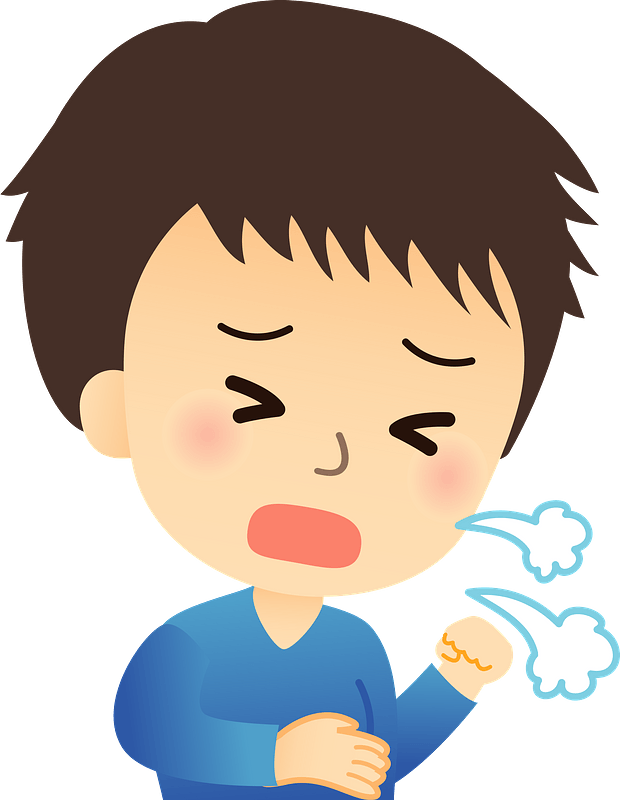
Some people do have an egg allergy, and if you have a severe allergic reaction to eggs, you should avoid flu vaccination. If you’re mildly allergic, talk to your doctor because you still might qualify for the vaccine.
If you have a mercury allergy you shouldn’t get the shot either. Some flu vaccines contain trace amounts of mercury to prevent vaccine contamination.
If I got sick from the flu vaccine before, should I get one again?
Many types of viruses can cause cold and flu-like symptoms, but the flu shot only protects against the influenza virus, which is the common flu that we all try to avoid come winter because it is the most severe. It may be possible that you catch a different virus that the vaccine does not protect against, but you can rest assured that the virus you caught is much less severe than the influenza virus you might have caught without the flu vaccine.
Getting vaccinated is the best way to protect yourself and the ones you love from influenza. While you cannot get influenza from a flu shot, it is not rare to feel a little under the weather after receiving it. This only means that your immune system is responding to the vaccine, and it is actually a good thing.
How do you get vaccinated without using a needle?
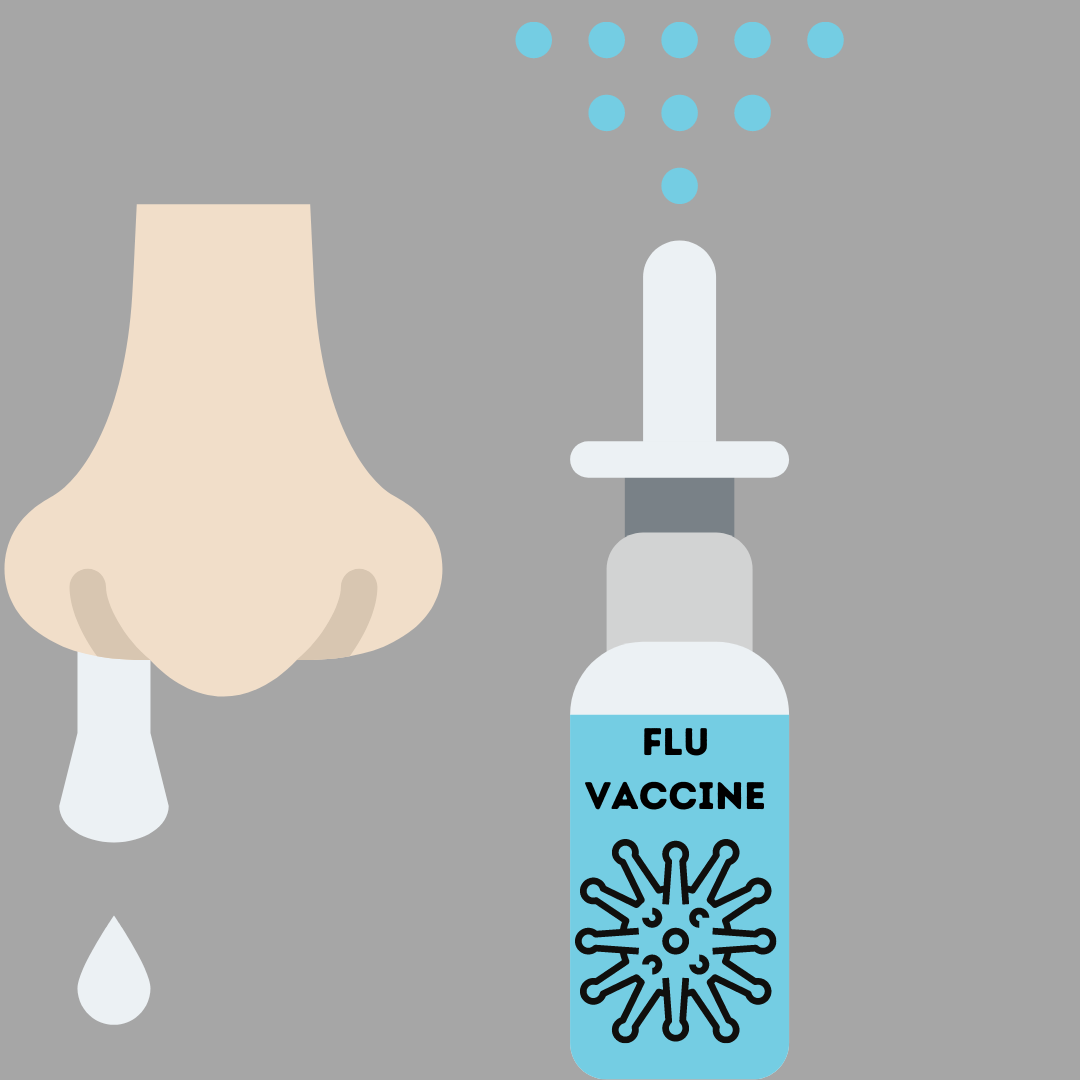
There is a flu mist nasal vaccine. The difference between the shot and the nasal spray is that the flu nasal spray vaccine is a live "weakened" virus, while the shot is a “dead” virus. The nasal spray is a severely weakened virus that will cause a small brief infection in your nasal passages but most people don’t even notice it.
If you have a condition that affects your immune system may not be able to take the nasal spray because it is a live virus and it may cause you to get ill. The flu nasal spray has been approved for healthy people ages 2 through 49 years old.
There is also a CDC-approved list of people who shouldn’t get the live flu nasal spray vaccine.
How do I get vaccinated if I don’t have health insurance?

This is a serious question, and just because you don’t have insurance doesn’t mean you are not able to get a flu shot. You have a few options. You can pay out of pocket, in most places a flu shot will cost about $40, and slightly more for the senior dose.
Before you pay out of pocket, you can research websites like Blink Health or GoodRx and try to find discounts for vaccines available in your area. For example, if you live in Boca Raton, FL flu shots will be available at a pharmacy near you, to find one you can type you can your zip code into VaccineFinder.
Sometimes there are ways that you can get a free or discounted flu shot. Some schools and workplaces will hold events to offer a flu shot to members within their communities. For instance, in Boca Raton, Florida the Boca Helping Hands mission took place in partnerships with Walgreens and the Boca Raton Regional Hospital to off free flu shots to clients, volunteers and staff that are eligible to receive them.
Overview
The flu shot is an essential societal duty that everyone should partake in to help protect themselves and the people around them from the common flu. Even if you are a perfectly healthy adult, getting the flu might not seem like a very big deal, and you might miss a couple days off work. But for a super healthy person to spread the flu to others greatly increases the chances of a a chronically ill patient coming down with the flu, this is a far bigger deal.
People with COPD are often times hospitalized because they caught the flu and have severe COPD symptoms, or even an exacerbation as a result. If you have COPD be sure that the people in your life that you interact with have gotten the flu vaccine for your own sake, and if you haven't gotten vaccinated yet, be sure to schedule an appointment at you doctor or local pharmacy to get a flu shot as soon as possible.
For more expert advice about the flu shot, you can click here to read this HealthLine article, that touches on even more topics so you feel confident going in for a flu shot every year.

